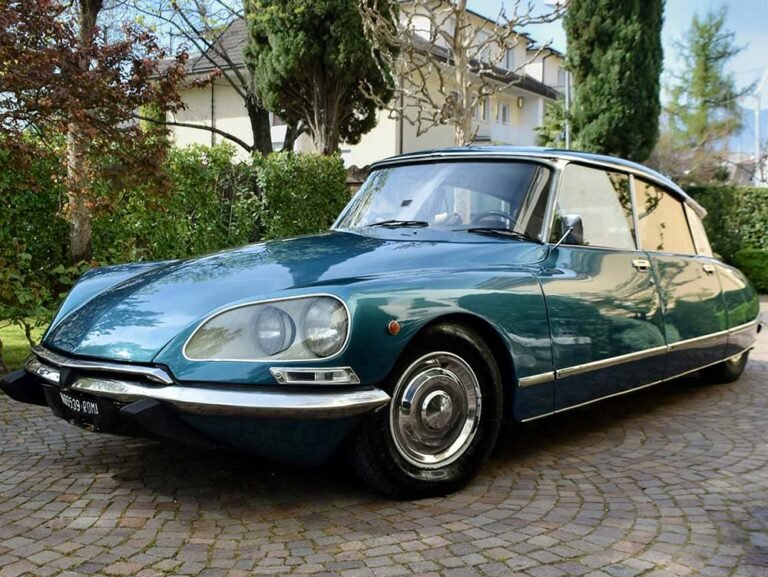place
There are many different ways to translate the English word “place” into French. Here are some words that can be used to mean “place” in French, along with examples of how to use them.
un endroit – a place, a spot
- au bon endroit – in the right place
- un endroit calme – a quiet place
- à quel endroit ? – where?
un lieu – a place
- un lieu de rendez-vous – a meeting place
- un lieu de culte – a place of worship
- mettre quelque chose au lieu sûr – to put something in a safe place
une place – room, a space, a seat
- avoir de la place – to have room/space (for something)
- il reste une place en première – there is one seat left in first class
- j’ai eu une place gratuite – I got a free seat
- garde-moi ma place – keep my place for me (in a queue)
- payer sa place – to pay for one’s ticket (cinema, theatre)
NOTE
The French noun “une place” does NOT usually mean a place. It means a public square, as in Place de la Concorde, or Place Vendôme, or Place des Vosges, in Paris.
un emplacement – a site, a position, a place
- l’emplacement d’un futur centre commercial – the site of a future shopping centre
- ces bornes marquent l’emplacement d’un temple romain dédié à Esculape – these markers mark the place formerly occupied by a Roman temple dedicated to Aesculapius.
un local – a place
- ils ont un local pour répéter – they have a place where they can rehearse
- les scouts ont besoin d’un local – the scouts need a place to meet






